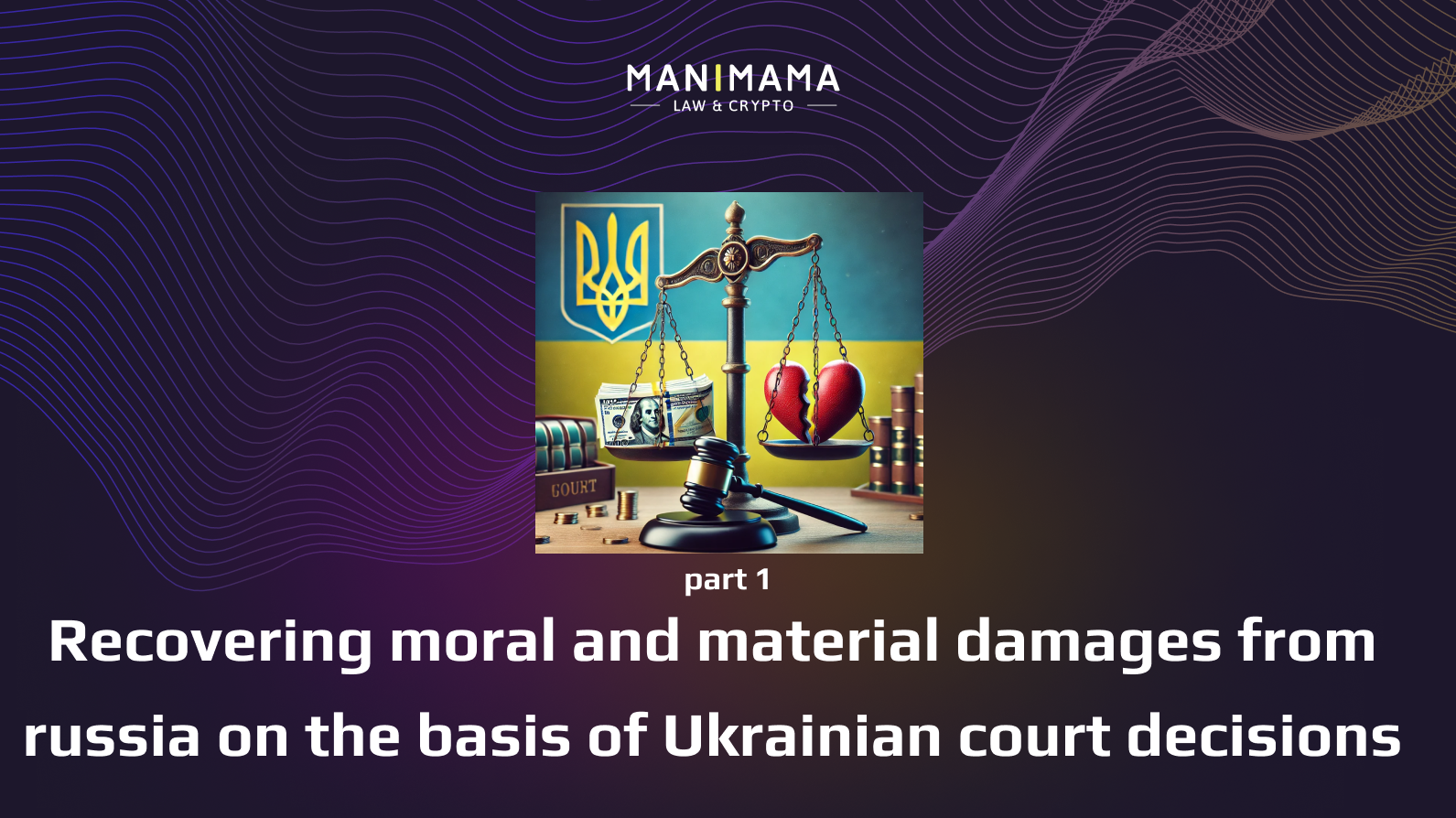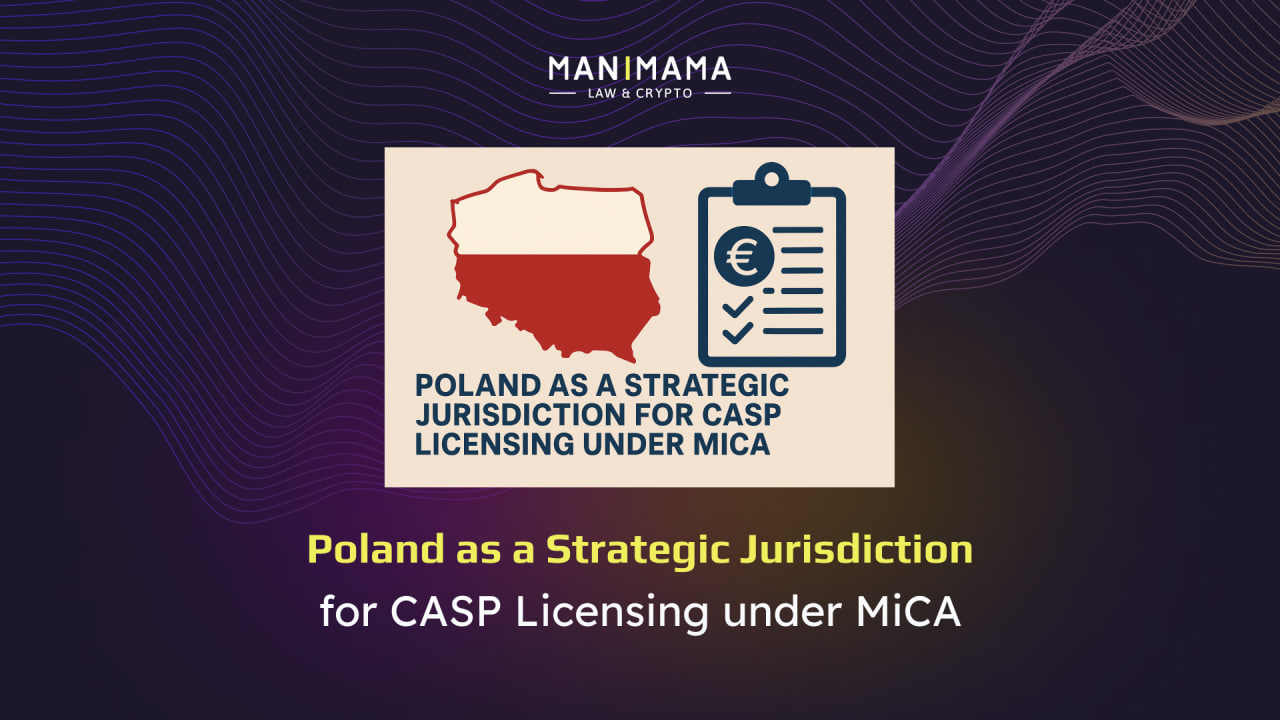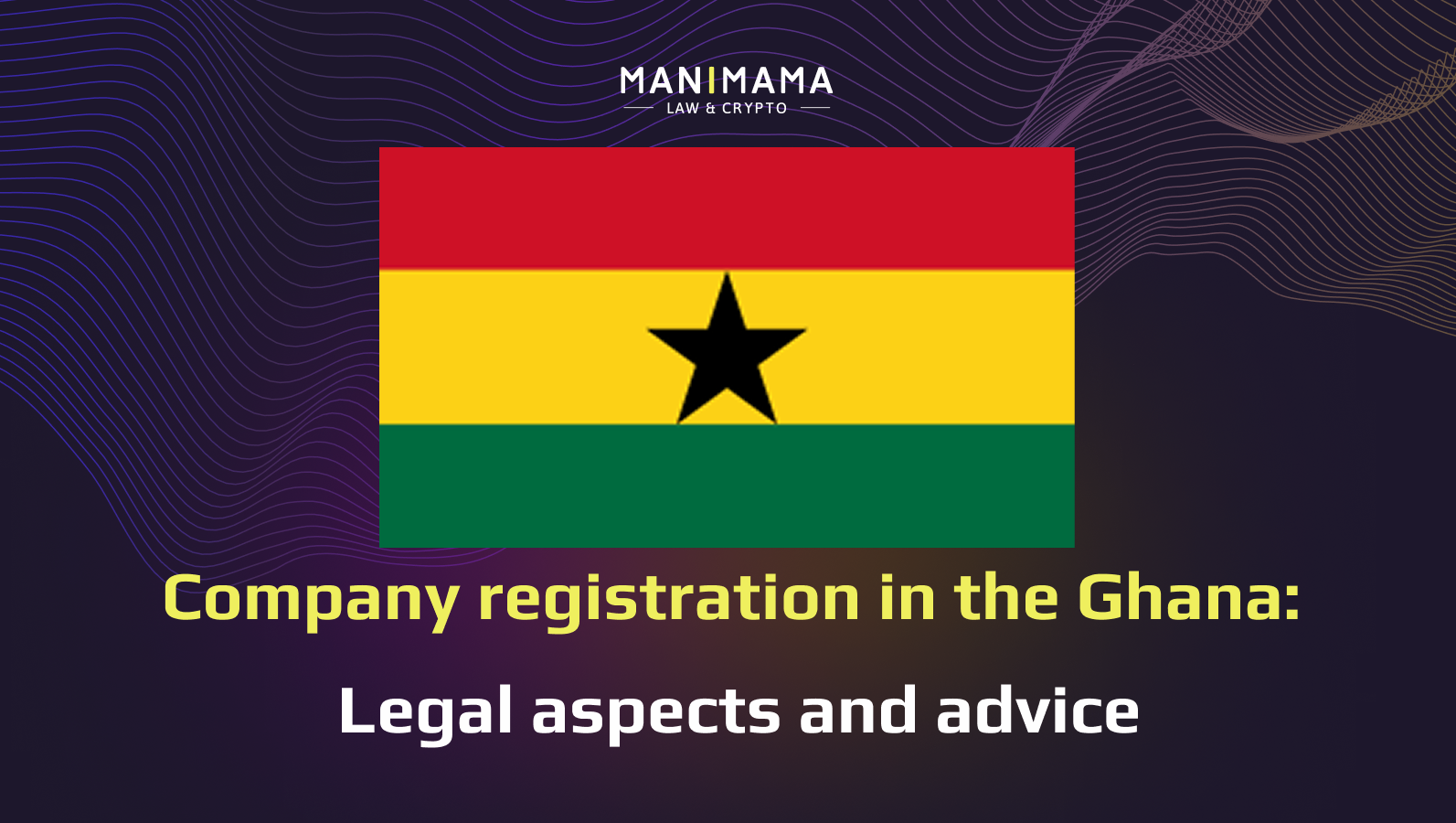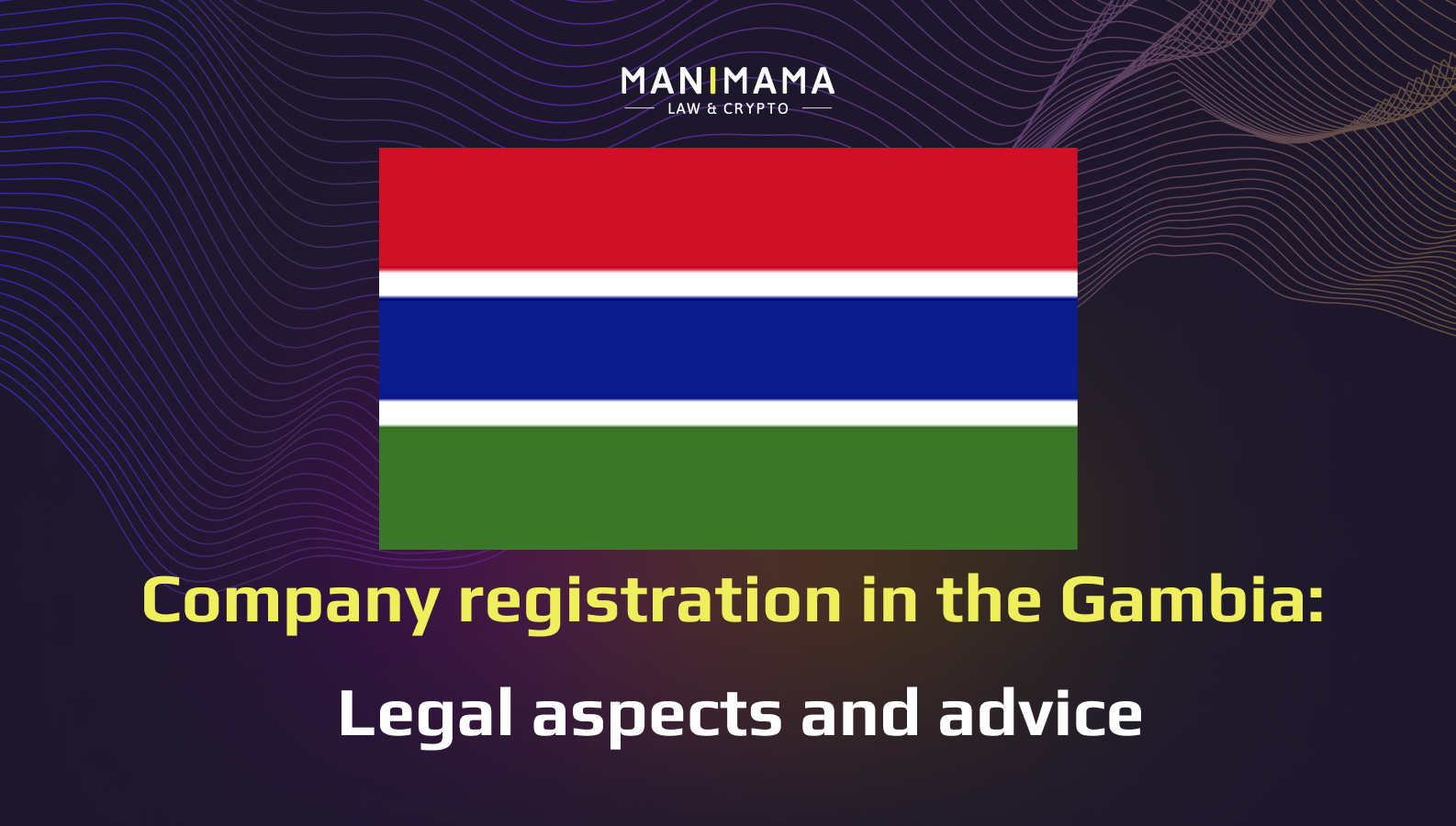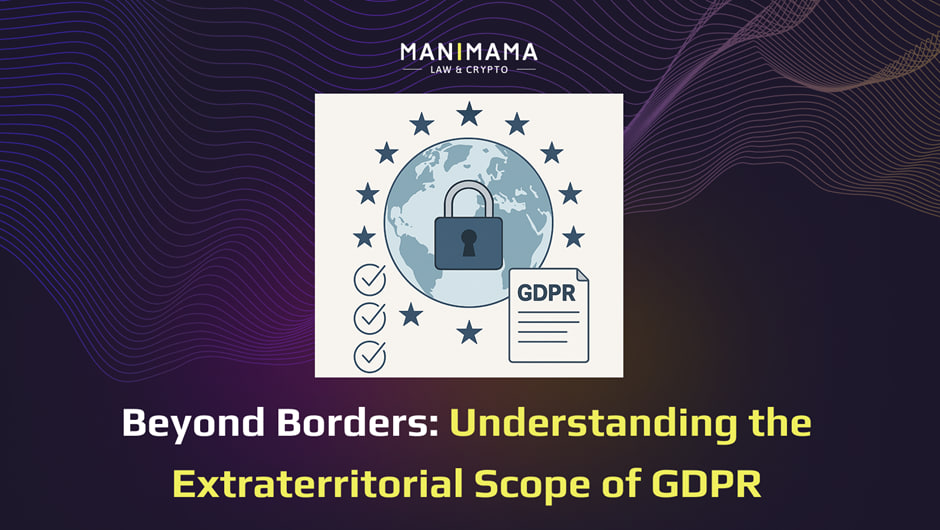The issue of enforcement of Ukrainian court decisions on the recovery of material and moral damages from russia is becoming increasingly relevant today. What are the ways to resolve this issue and what algorithm of actions should be applied to obtain compensation for the actions of the russian federation? This is the subject of our series of articles.
In this part, we will discuss whether it is possible to file a lawsuit against the aggressor state, what must be taken into account when considering the case and making decisions by our courts, as well as where and from what assets it is possible to recover damages from russia based on a decision made by a Ukrainian court.
Can russia as a state still act as a defendant in court?
Since 2014, the aggressor has caused a lot of damage (both material and moral) to our citizens, legal entities and the state in particular. However, in most cases, Ukrainian courts left such claims untried or dismissed them, stating that “…any state is a party to both public and private international relations through the relevant competent authorities of the state” and referring to the fact that russia uses judicial immunity and therefore cannot be a defendant in court without the consent of its competent authority.
However, on April 14, 2022, our Supreme Court made an important decision in case № 308/9708/19, where it expressed the following legal position: “The Supreme Court established the grounds for concluding that since 2014 there has been no need to send requests to the russian Embassy in Ukraine for the consent of the russian federation to be a defendant in cases of compensation for damage in connection with the commission of armed aggression against Ukraine and its disregard for the sovereignty and territorial integrity of the Ukrainian state. And starting from February 24, 2022 such a request will not be possible due to the severance of diplomatic relations between the two countries.
Given that martial law has been imposed in Ukraine in connection with the active full-scale armed aggression of the russian federation against Ukraine, which violates its sovereignty, it is currently inappropriate to obtain the consent of the russian federation to be a defendant in this case. Suspension of the proceedings will lead to unreasonable delay in the consideration of the case, which will not contribute to the best protection of the plaintiff’s interests.
The russian federation, having committed an unprovoked and full-scale act of armed aggression against the Ukrainian state, numerous acts of genocide against the Ukrainian people, has no right to further invoke its judicial immunity, thereby denying the jurisdiction of the courts of Ukraine to consider and resolve cases on compensation for damage caused by such acts of aggression to an individual – a citizen of Ukraine.
The Supreme Court proceeds from the fact that the aggressor country did not act within its sovereign right to self-defense, but rather treacherously violated all the sovereign rights of Ukraine, acting on its territory, and therefore certainly no longer enjoys its judicial immunity in this category of cases.”
The Resolution of the Civil Court of Cassation of the Supreme Court dated May 18, 2022 № 760/17232/20 states the following: “In determining whether the russian federation is subject to judicial immunity in the case under review,” the Supreme Court took into account the following
– the subject of the claim is compensation for non-pecuniary damage caused by the armed aggression of the russian federation against Ukraine;
– the place of damage is the territory of the sovereign state of Ukraine;
– it is assumed that the damage was caused by agents of the russian federation who violated the principles and purposes enshrined in the UN Charter regarding the prohibition of military aggression committed against another state – Ukraine;
– the commission of acts of armed aggression by a foreign state is not an exercise of its sovereign rights, but a violation of the obligation to respect the sovereignty and territorial integrity of another state, Ukraine, as enshrined in the UN Charter;
– the national legislation of Ukraine proceeds from the fact that, as a general rule, damage caused to an individual in Ukraine as a result of unlawful actions of any other person (entity) may be compensated by a decision of a Ukrainian court (on the principle of general tort).
Thus, taking into account these decisions and the subsequent practice of Ukrainian courts, russia cannot use judicial immunity and is a proper defendant in courts.
The number of lawsuits filed against the russian federation is increasing. When considering such cases, our judges need to pay important attention to the following:
- the material damage caused must be confirmed by proper evidence, in particular, by an expert opinion, which the Claimant must conduct in order to establish the exact amount of damage – in the case of a claim for compensation for material damage;
- the court shall take into account the circumstances of the case, the nature and extent of the suffering suffered by the plaintiff, the nature of the violations of the plaintiff’s constitutional rights, the nature of non-pecuniary losses, in particular, the severity of the forced changes in his life, the time and effort required to restore the previous state – when determining the amount of compensation for moral (non-pecuniary) damage;
- the issue that raises the most questions and problems is the proper notification of the defendant of the date, time and place of the hearing, as well as sending him/her a statement of claim and other procedural documents.
So in what other countries we can find the assets of the russian federation?
Due to the full-scale war against Ukraine, russian assets have been frozen or even confiscated in various countries around the world. In particular, according to CONFISCATION TRACKER, the following examples can be cited:
- Poland – the amount of private frozen assets is about USD 2.75 billion;
- Lithuania – the amount of private frozen assets is approximately $103 million;
- Latvia – the amount of private frozen assets is approximately $73 million;
- Germany – the amount of state frozen assets is $5 billion, and private frozen assets is $3.9 billion;
- the United States – the amount of state frozen assets is $5 billion, private frozen assets are approximately $1 billion (however, there is no official information on this matter), and private confiscated assets are $0.0054 billion;
- Belgium – the amount of assets frozen by the state is $193 billion, private frozen assets – $61.48 billion;
- France – the amount of assets frozen by the state is $71 billion, private frozen assets – $1.2 billion, etc.
Other countries also have frozen assets of russia.
However, countries often do not publish detailed information about the nature of these assets, as well as specific amounts.
The majority of russia’s sovereign assets in the EU are blocked in the form of bonds and other financial instruments previously invested by the aggressor country. Almost all of them are kept on the accounts of large depository institutions. The leader here is “Euroclear”, and these assets are frozen in Belgium.
What will happen to russia’s frozen assets?
In fact, this is another problematic issue. Some countries have already begun to adopt national acts to outline a further mechanism of action. For example:
- In the United States, the Rebuilding Economic Prosperity and Opportunity for Ukrainians Act (REPO) is currently under consideration, an important step in moving the bill toward passage by the full Congress. This law would give the president the authority to confiscate frozen russian sovereign assets and transfer them to Ukraine through the Ukraine Support Fund, which is administered by the State Department and the United States Agency for International Development (USAID).
- In Estonia, the Act to Amend the International Sanctions Act and Other Related Acts (332 SE) was adopted, but according to it, a decision to use assets as an advance payment for compensation for damage may be made, if the damage is caused by an unlawful act and the damage is proved and compensable under international law, and the foreign state that suffered the damage has filed a claim against the foreign state that caused the damage, and the state that caused the damage has not satisfied the claim within a reasonable time. In order to initiate proceedings for the use of assets in Estonia, a request must be submitted to Estonia, and the terms of using the assets as an advance payment for compensation and assignment of the claim to the asset owner must be agreed with the requesting state. In addition, the link between the owner of the assets and the unlawful act must be sufficiently proven.
Another solution to the problem of enforcing Ukrainian court judgments may be to assign the right of claim (sale of the judgment and replacement of the creditor). However, such a market does not yet exist and it is not known whether there will be persons or other countries interested in this and whether it will be profitable for them.
Our contacts
If you want to become our client or partner, feel free to contact us at support@manimama.eu.
Or use our telegram @manimama_sales and we will respond to your inquiry.
We also invite you to visit our website: https://manimama.eu/.
Join our Telegram to receive news in a convenient way: Manimama Legal Channel
Manimama Law Firm provides a gateway for the companies operating as the virtual asset wallet and exchange providers allowing to enter to the markets legally. We are ready to offer an appropriate support in obtaining a license with lower founding and operating costs. We offer KYC/AML launch, support in risk assessment, legal services, legal opinions, advice on general data protection provisions, contracts and all necessary legal and business tools to start business of virtual asset service provider.
The content of this article is intended to provide a general guide to the subject matter, not to be considered as a legal consultation.

